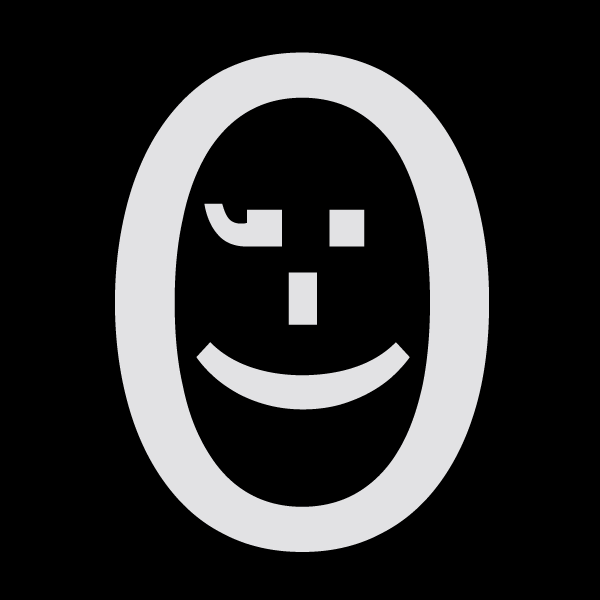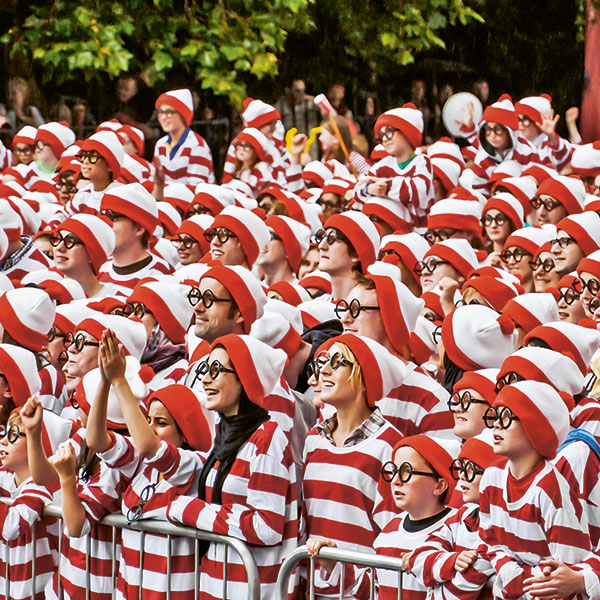Disciplining digital knowledge
We have to employ critical reason to differentiate between fragmentary knowledge in the digital space and disciplined knowledge in the analogue world, says Antonio Loprieno.

Antonio Loprieno is the President of the Swiss Academies of Arts and Sciences. | Photo: Andri Pol.
We simulate things in order to be able to demonstrate them more clearly than we can by analog means. But we also simulate in order to obfuscate things we’d rather leave unrecognised. Simulation is thus a means both of visualising scientific processes and of distorting objective facts in the real world. In my column for Horizons last September, I already referred to this semantic diversity of the concept of simulation as a paradoxical aspect of the ‘digital turn’ in our scientific culture.
The digital turn has changed the way we access knowledge in three ways: it has become more visual, more social, and more accessible. Knowledge that is conveyed through images is emotionally closer to us than is the case when it is conveyed by words alone. Digital knowledge is also more social than traditional forms because it is controlled and steered by a community – such as that of the Wikipedia authors. And ultimately, digital knowledge is more accessible than its analog forms because we can assimilate and manage large volumes of data in a minimal amount of time.
But is it truly ‘knowledge’ that is becoming more visual, more social and more accessible through digitalisation? Or is it just individual fragments of knowledge? If these fragments are to be consolidated into knowledge proper, communicating them alone is not enough. Above all, they need to be amalgamated and bundled. When not linked to any context, fragments of knowledge lose their potentially authoritative power and can be manipulated more easily. Digital knowledge is readily accessible, but only in an undisciplined form.
This is also why we speak of ‘disciplines’ when discussing scientific and scholarly categories. In this sense, there lurks an ordering logic behind each fragment of knowledge – an analog algorithm that enables us to differentiate plausible information from the implausible in a ‘disciplined’ fashion. Standing always behind this disciplined knowledge is a belief in its plausibility that separates it from undisciplined, accidental findings, conspiracy theories and mere figures.
How then are we to differentiate between disciplined knowledge and undisciplined fragments of it? By applying critical reason: this is a faculty quite different from the uncritical intellect, because it enables us to verify the context of each unit of knowledge. In our work as researchers, teachers and in the science policies we promote, our primary task is to carry out plausibility control. We have to take our abundance of digital knowledge and make it plausible in analog terms. We have to tame it, discipline it, and steer it into clear channels. It’s a task that is difficult, but exciting.




